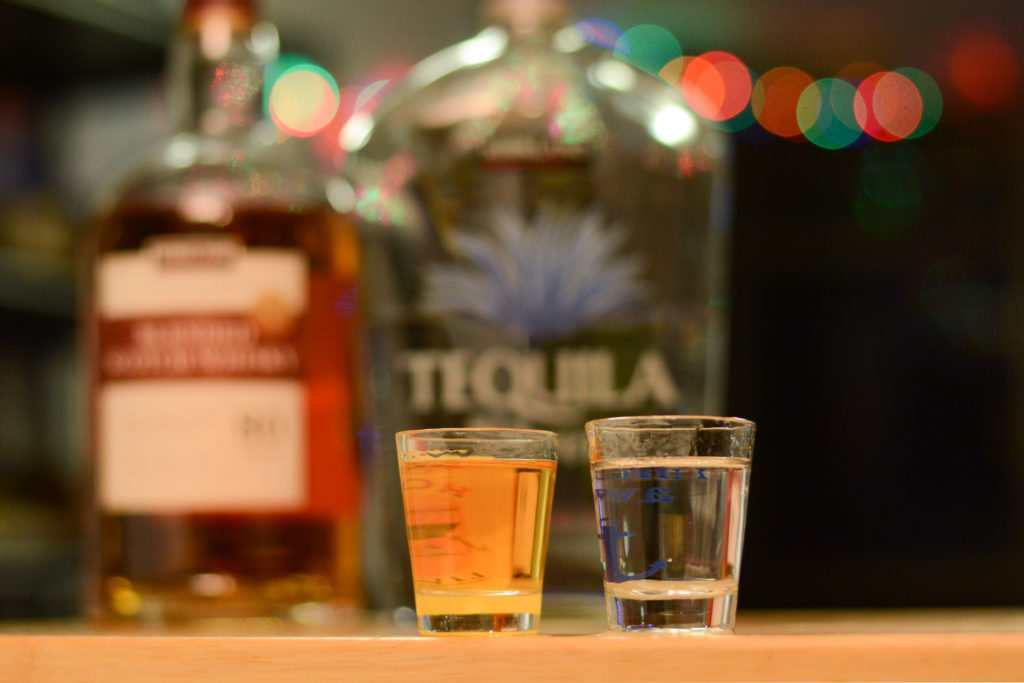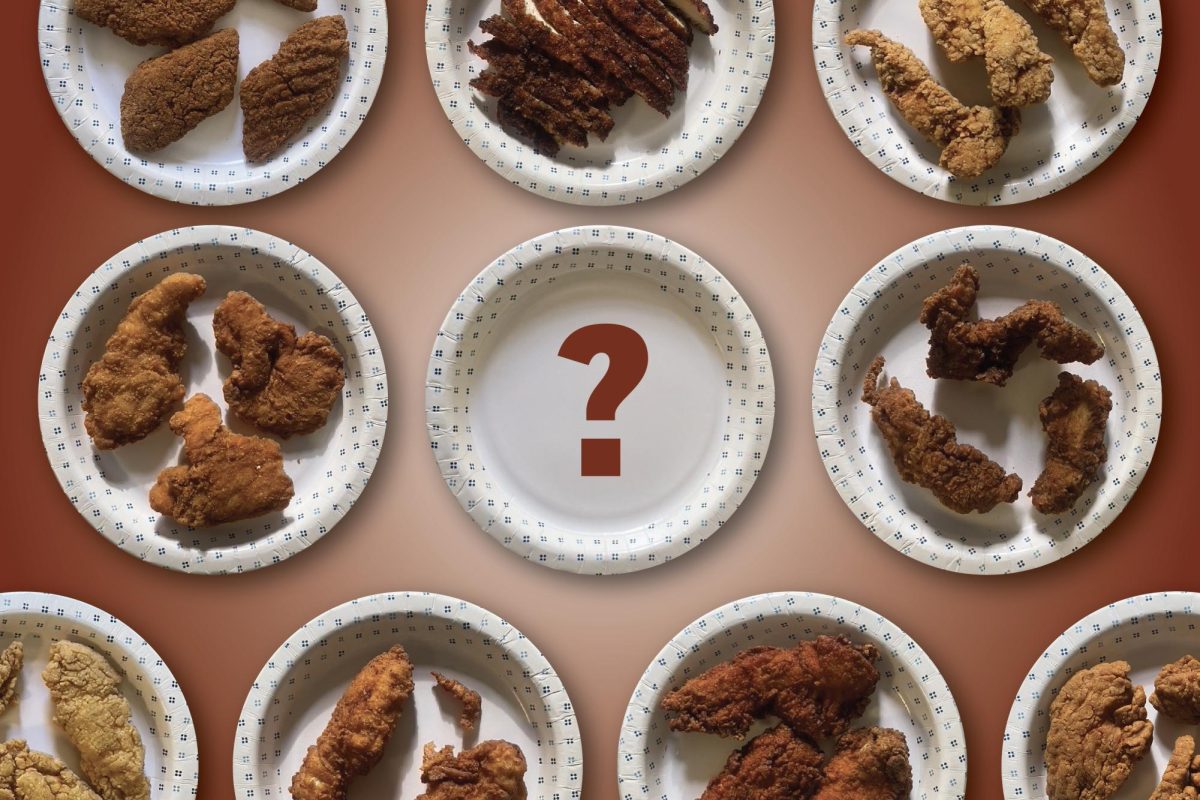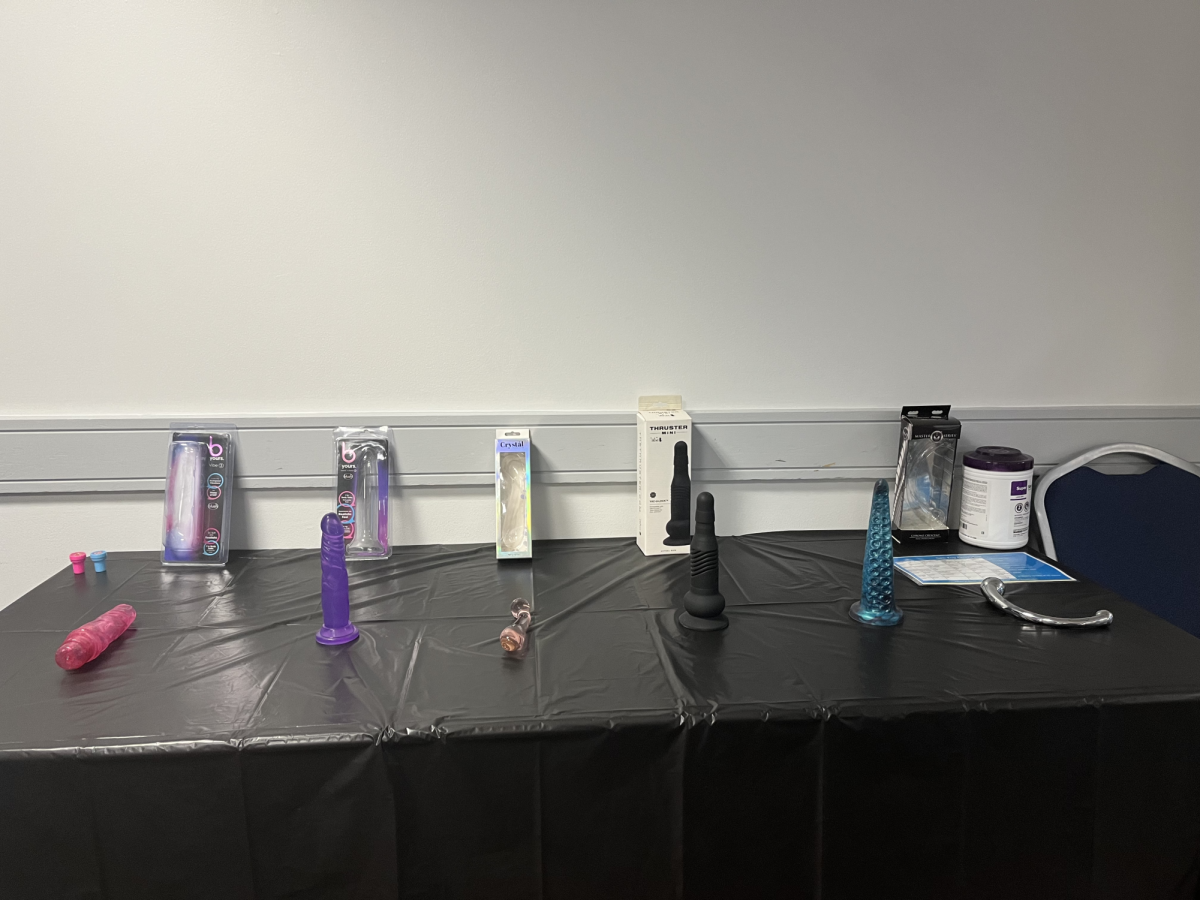The only thing scarier than haunted houses, clowns and horror movies are hangovers that leave you with throbbing headaches, nausea and exhaustion.
A night of drinking is typically followed by a morning of repentance and an attempt to reverse hangover symptoms. Halloween weekend is upon us, and in order to prepare for the inevitable, two experts weighed in on the science behind your post-drinking sickness to reveal what is fact and fiction.
Fact: Scientific reasoning
Randall Packer, a retired professor of biology and former chair of the biology department, said the substance behind the symptoms of a hangover is ethanol, a chemical found in alcohol. Packer said ethanol suppresses a hormone — called an antidiuretic hormone — that helps the body regulate and retain water. When the hormone is suppressed by alcohol, a person becomes dehydrated, which is the major cause of hangover symptoms, Packer said.
“It results in the drunk behavior you’re familiar with: Slurring, dizziness and very often vomiting,” he said.
In addition to the painful headaches and nausea following a night of drinking, a hangover can have effects that last long after your symptoms wear off. Packer said alcohol is broken down in the liver and can cause long-term liver damage.
Fiction: Steer clear of sweet drinks
Packer said some people believe that mixing alcohol with other beverages in sweet cocktails makes them feel the effects of a hangover the next day more intensely than if they just drank straight liquor. But that’s not the case.
“A lot of times people say that sweet drinks made them sicker,” Packer said. “Well the fact is, it wasn’t the mix. It was the drinking.”
Mixed drinks typically mask the bitter taste of alcohol, leaving the drinks with a better taste and leading people to overindulge, Packer said. Liquors vary in their ethanol content, but most have about 40 to 45 percent while syrupy, sweet alcohol – called liqueur – that people attribute to hangover symptoms usually has about 20 percent, Packer said.
Because liqueurs have about half the ethanol of other alcohols, Packer said they don’t produce the same effects as stronger liquor and can’t be blamed for your post-party hangover.
Fact: Dark liquor makes you sicker
Robert Donaldson, a professor of biology and the chair of the biology department, said if you spend your night sipping on a darker liquor, you might feel the effects of a hangover more than if you drink alcohol lighter in color.
Donaldson said darker liquors — like whiskey, cognac and red wine — contain “unusual compounds” called congeners that are produced during fermentation in addition to ethanol. Congeners have been studied and found by some researchers to cause more hangovers, Donaldson said.
“The worst ones are the ones you can just see,” Donaldson said. “You look at them and you see a lot of color to them and you know they’re bad.”
Avoiding drinks which have a dark hue to them is a good first step to lessen the chances of getting a hangover.
Fiction: Stick to top shelf
Packer falsified the common belief that expensive alcohol will cause less of a hangover than its cheaper counterparts. It might taste better and make your wallet emptier, but at the end of the day all alcohol has the same effect on your body, he said.
“These days most of the liquor one could consume will be about the same and will have the same physiological effect, given you’ve taken in the same amount of ethanol,” Packer said.
Packer said this myth might have been true years ago when cheap liquor was “adulterated” and not completely pure, but now all liquor is the same.
Fact: No magic cure
Packer and Donaldson both said there is no magic cure to treating a hangover once it happens. The only thing to prevent that achy sick feeling after a night out is to not drink past your limit, they said.
Rest and rehydration are the only cures. Packer said there is no quick fix to stopping hangovers in their tracks, but drinking water and other fluids with electrolytes, like Gatorade, can help to rehydrate your body faster.
“It’s not gonna fix it completely, but it will help,” Packer said. “The long-term cure is rest and sleep.”




